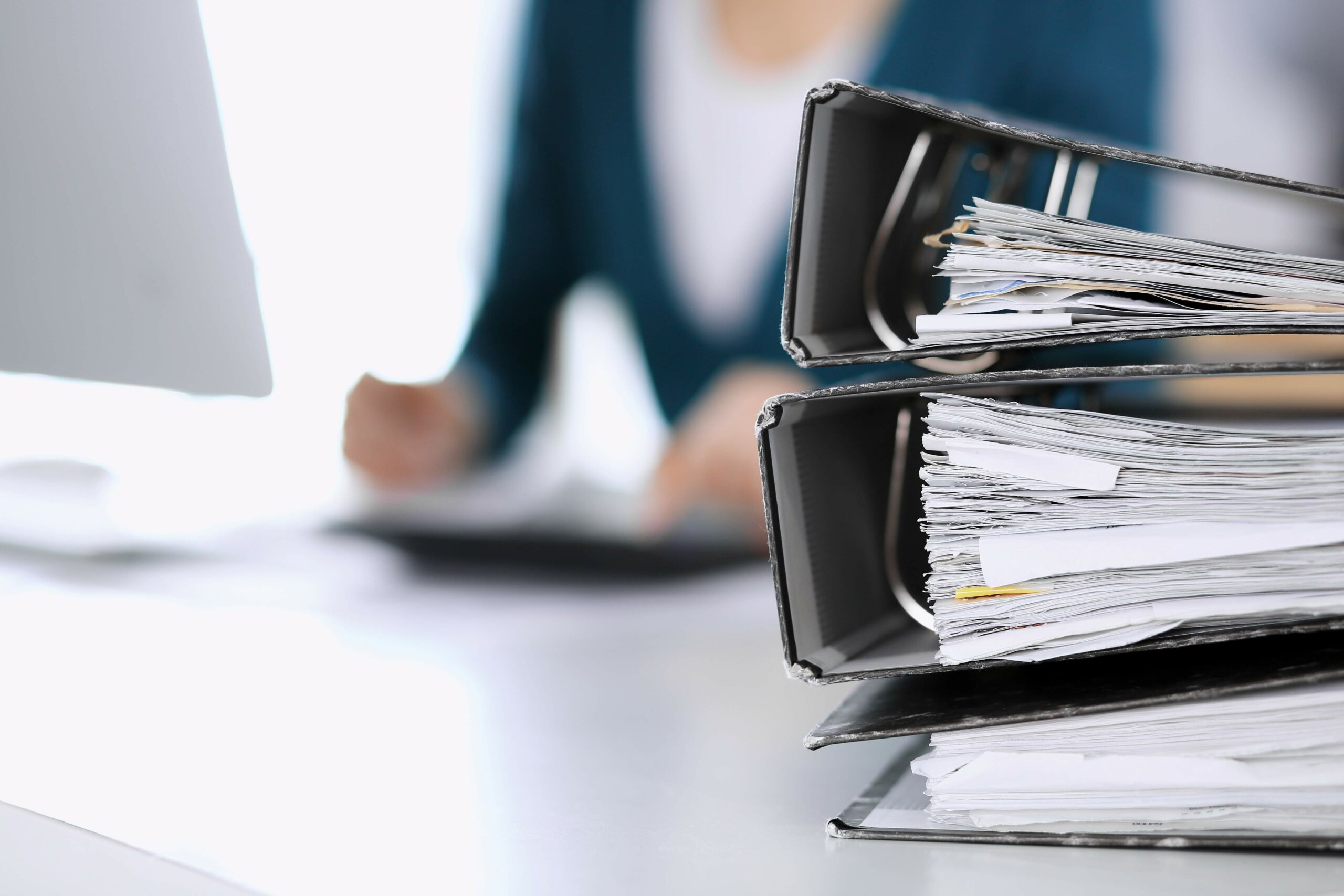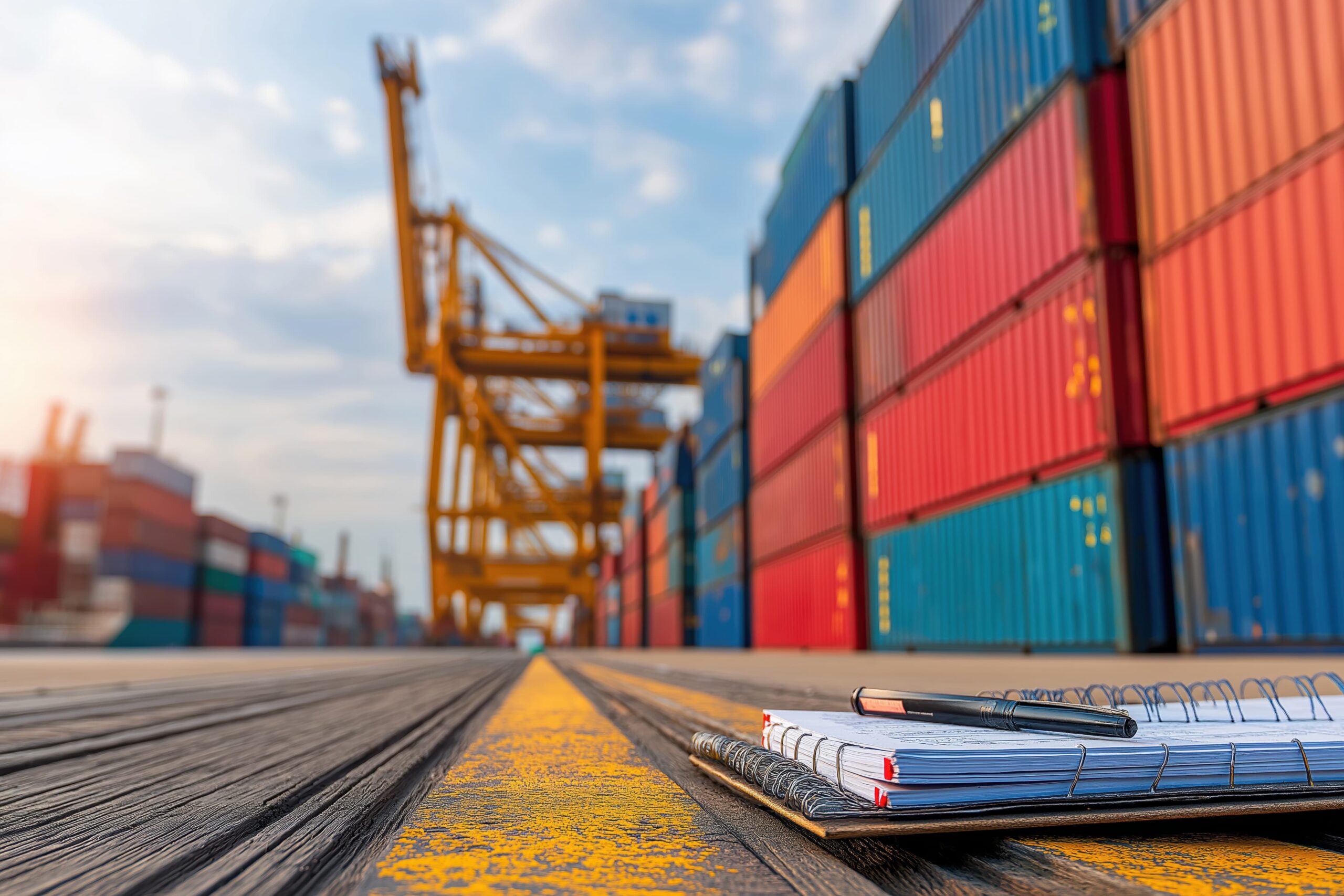
VOEC Norway: VAT Compliance Guide for E-Commerce Companies
The VOEC scheme is a simplified VAT system for foreign e-commerce businesses and digital service providers selling to Norwegian consumers. It streamlines the process of calculating, reporting, and paying VAT on low value goods and electronically delivered services, with a registration threshold of NOK 50,000. This guide explains the registration requirements, exemptions, and record-keeping obligations under VOEC.
Summary
- VOEC is a simplified VAT scheme for non-established suppliers of remotely deliverable services and/or low value goods to Norwegian consumers.
- Registration is required if sales exceed 50,000 NOK, but voluntary registration is possible before reaching this threshold.
- The scheme applies to remotely deliverable services (including electronic services) and low value goods (under 3,000 NOK per item).
Introduction to VOEC
VOEC is a simplified VAT scheme for non-established suppliers providing remotely deliverable services and/or low value goods to consumers in Norway. Registered suppliers are required to calculate, report, and pay VAT under this scheme.
Scope and Registration Requirements
The VOEC scheme is similar to the EU IOSS scheme and is based on OECD principles. Under the VOEC register, registered foreign entities must submit quarterly returns and pay VAT. The registration threshold is NOK 50,000; however, voluntary registration is permitted before this threshold is reached. Suppliers registered under the VOEC scheme are not entitled to deduct input VAT.
The simplified registration scheme applies to remotely deliverable services, including electronic services. Foreign non-established suppliers providing such services to consumers and non-taxable entities are required to register, report, and pay VAT through the VOEC scheme.
A physical good is considered low value if its value is under NOK 3,000 per item. Additional costs such as shipping and fees should not be included when determining whether an item qualifies as a low value good. The value at the point of sale, as paid by the consumer at checkout, determines the item’s value.
However, all additional costs must be included in the basis for VAT calculation by the registered seller. All costs related to the purchase should be included in the VAT calculation. The registered seller is responsible for calculating and reporting VAT to the Norwegian tax authorities by submitting quarterly VOEC returns.
Goods exempt from the scheme include:
- Foodstuffs
- Goods subject to excise duties (e.g., alcoholic beverages and tobacco)
- Restricted or illegal goods under Norwegian law (e.g., medicines, waste, weapons, etc.)
Read more: Brækhus Nominated for «Indirect Tax Firm of the Year» by ITR EMEA Tax Awards
Key Clarifications and Responsibilities
The VOEC scheme is an alternative to ordinary VAT registration. If private individuals have previously imported goods and paid import VAT, it is now required that the foreign non-established supplier collects VAT at the point of sale and reports it to the Norwegian tax authorities.
It is important to clarify who is required to register in the VOEC register. Often, a marketplace operator or intermediary, rather than the seller itself, is regarded as the supplier for Norwegian VAT purposes. According to the VAT Act, if remotely deliverable services are supplied to consumers through a “provider,” the provider is considered the supplier and must register in the Norwegian VOEC register and report VAT.
Record-Keeping Requirements
All suppliers registered under the VOEC scheme are required to maintain transaction records for supplies covered by the scheme. The transaction record should include data such as the date of supply, currency, taxable amount, VAT amount, and other relevant details.
Read more: Brækhus’ expertise in tax and VAT
Do you have any questions about VOEC or need assistance? Fill out the form or get in touch with us directly today.




